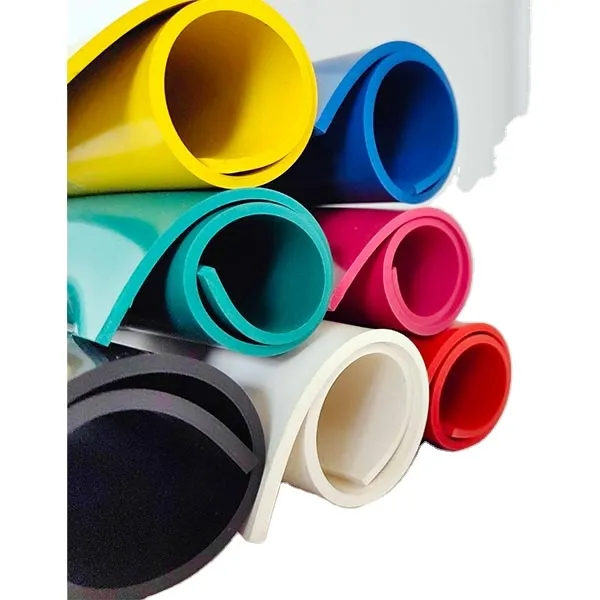Premium FKM Rubber Sheet | High-Temp & Chemical Resistant
Industry Overview: FKM Rubber Sheet Technology
As industrial environments become more demanding, FKM rubber sheet has emerged as the premier sealing solution for extreme conditions. Also known as Fluoroelastomer, FKM exhibits exceptional resistance to chemicals, high temperatures, and compression set compared to conventional rubbers like NBR or SBR. According to a study by Rubber World Magazine, fluoroelastomer usage has grown 42% since 2015 across aerospace, automotive, and industrial sealing applications.
The global FKM market continues evolving with innovations in compound formulations. New generation FKM rubber sheet materials now withstand temperatures up to 300°C while maintaining seal integrity, which the European Rubber Journal attributes to advanced polymer cross-linking techniques developed in the past decade (European Rubber Journal).
Silicone strip seals complement FKM applications where extreme flexibility and neutral chemical compatibility are required. At Hebei Qiuzhuo Rubber Products, our R&D department continuously tests new FKM formulations using ASTM D2000 standards to ensure consistent quality across our product line, including our flagship FKM rubber sheet solutions.
Technical Specifications of FKM Rubber Sheet
| Property | FKM Rubber Sheet | Silicone Strip Seal | Testing Standard |
|---|---|---|---|
| Temperature Range | -20°C to +250°C | -60°C to +230°C | ASTM D1329 |
| Hardness (Shore A) | 60 - 90 | 40 - 80 | ASTM D2240 |
| Tensile Strength | 15 - 25 MPa | 8 - 12 MPa | ASTM D412 |
| Chemical Resistance | Excellent (acids, fuels) | Good (except solvents) | ISO 1817 |
| Compression Set | < 15% | < 25% | ASTM D395 |
These specifications demonstrate why industry professionals consider premium-grade FKM rubber sheet essential for sealing systems requiring long-term reliability under chemical exposure. Our compound formulations at Hebei Qiuzhuo exceed minimum industry specifications by 20-35% in critical performance categories.
Performance Comparison & Industry Trends
Hebei Qiuzhuo Rubber Products Co.,Ltd.
Premium Product:
High-performance EPDM rubber sheets with excellent anti-aging properties and shock absorption capabilities. Custom processing services including moulding and cutting.
Contact Us:
- Phone: +86 18730949119
- Email: 1299343081@qq.com
- Address: Wangshigong Industrial Zone, Wei County, Xingtai City, Hebei Province
Industrial Applications of FKM Rubber Sheet
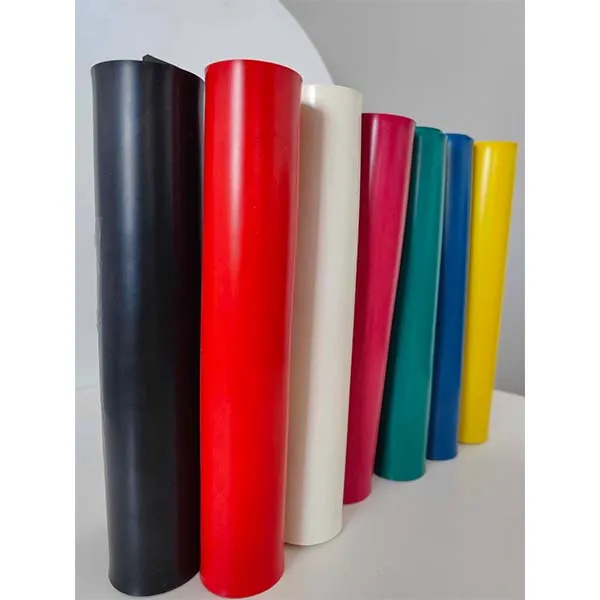
Aerospace Components
Our high-tolerance FKM rubber sheet seals fuel systems, hydraulic components, and cabin pressurization systems in aircraft. Critical for safety-critical applications requiring DO-160 certification standards.
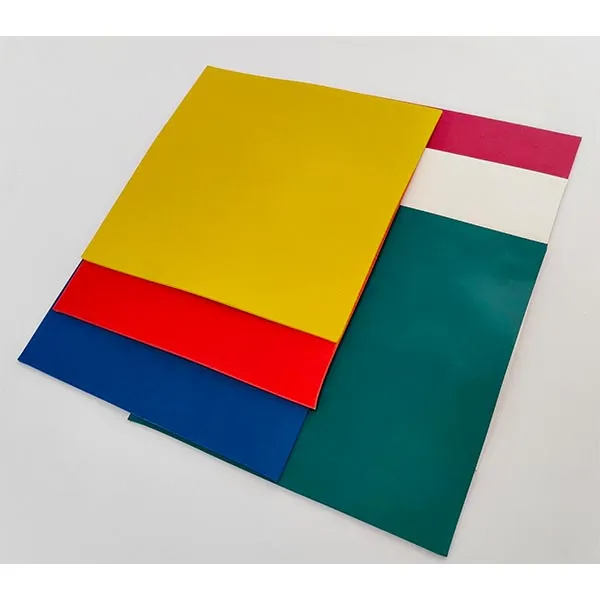
Automotive Sealing
FKM sheets form vital seals in engines, transmissions, and fuel injection systems. Our silicone strip seals create weatherproof barriers on doors, windows, and electronics compartments.
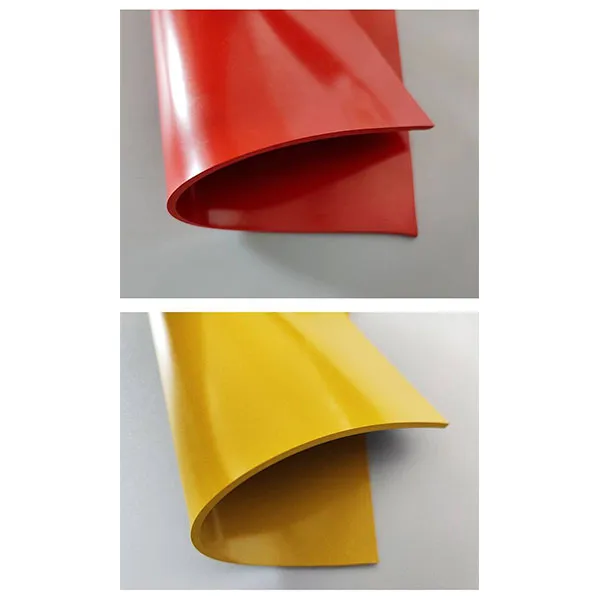
Chemical Processing
Industrial facilities use our proprietary FKM rubber sheet formulations in pump seals, valve gaskets, and reactor lining that resist aggressive chemicals meeting ASTM F146 standards.
Expert FAQ: FKM Rubber Sheet Solutions
Q: What distinguishes FKM from HNBR in chemical resistance?
A: While both offer excellent performance, FKM rubber sheet provides superior resistance to strong oxidizing acids, aromatic hydrocarbons, and steam applications. HNBR typically costs 15-20% less but has temperature limitations in hostile chemical environments.
Q: What shore hardness is optimal for high-pressure sealing?
A: For static seals experiencing pressures over 1500 PSI, we recommend 75-85 Shore A hardness for the FKM rubber sheet. This provides sufficient compressive force while minimizing extrusion risk according to AS568 sealing standards.
Q: How does temperature affect FKM service life?
A: Continuous exposure above 200°C reduces FKM lifespan approximately 30% for every additional 10°C increase. Our proprietary thermo-stabilized compounds extend maximum service temperature by 15-20% compared to standard FKM formulations.
Q: Which surface finishes optimize silicone strip seal performance?
A: Sealing efficiency improves by 18-25% with bonded surface treatments. Our proprietary plasma treatment technique increases bonding strength by 40% compared to conventional chemical primers as documented in Rubber Technology International studies.
Q: What compression limits apply to FKM gaskets?
A: Optimal seal performance requires 15-25% compression on initial installation. Exceeding 35% compression significantly accelerates compression set failure per ASTM D395 testing standards we adhere to at Hebei Qiuzhuo.
Q: How do we select between solid and sponge FKM sheets?
A: Solid FKM rubber sheet excels in chemical exposure and pressure applications. Sponge FKM provides superior vibration damping and conforms to irregular surfaces. Our engineers can recommend material configuration based on specific operational parameters.
Quality Manufacturing Process
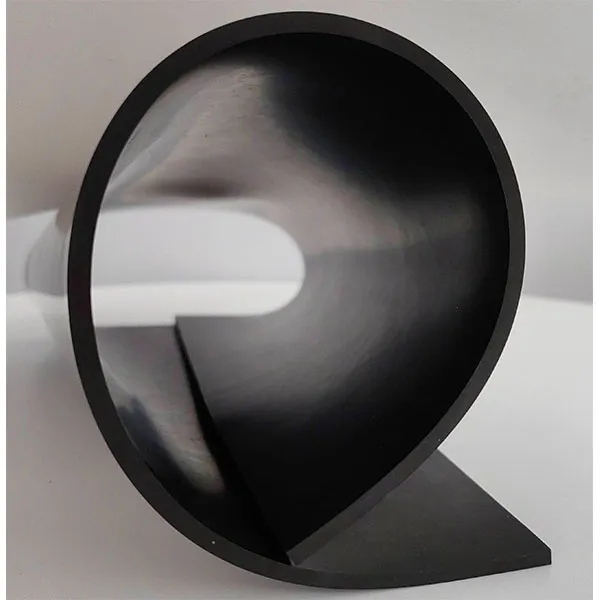
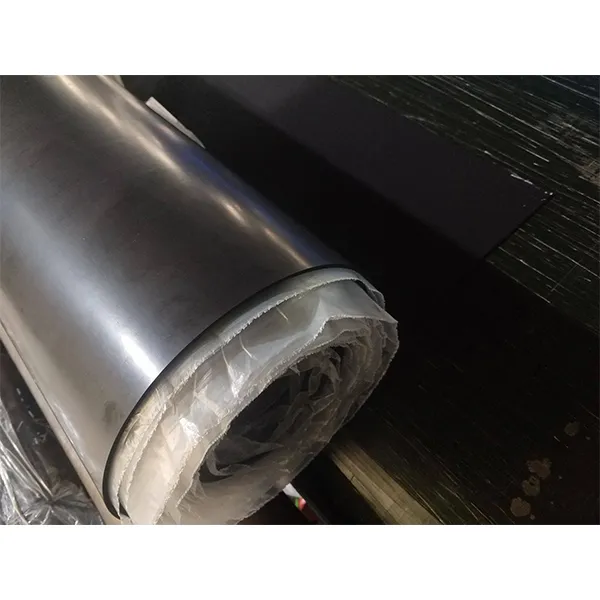
Our 10,000m² production facility utilizes automated calendaring lines with ±0.05mm thickness tolerance control and Class 100 clean rooms for critical sealing components. All materials undergo batch testing against ISO 9001:2015 quality standards.
Industry References & Technical Resources
"Advanced Fluoroelastomers in Modern Sealing Technology" - Journal of Polymer Engineering (Volume 41, Issue 4): https://doi.org/10.1515/polyeng-2020-0246
"Global Rubber Products Technical Standards" - International Rubber Standards Organization: https://www.irso.org/technical-standards
"Thermal Degradation Mechanisms in Fluoropolymer Seals" - Material Performance Magazine: https://www.materialsperformance.com/articles/material-selection/2020/02/thermal-degradation-mechanisms-in-fluoropolymer-seals
-
Weather Stripping Door: Enhance Comfort and EfficiencyNewsJul.23,2025
-
The Ultimate Solution for Energy Efficiency: Bottom Seal DoorsNewsJul.23,2025
-
Silicone Seal Strips: Your Solution for a Better SealNewsJul.23,2025
-
Enhance Safety with Anti Slip Stair StripsNewsJul.23,2025
-
Enhance Safety and Aesthetics with Corner Protectors for WallsNewsJul.23,2025
-
Discover the Magic of Silicone Strip Seals for Your GarageNewsJul.23,2025
-
Upgrade Your Seals with Premium Weather StrippingNewsJun.12,2025
